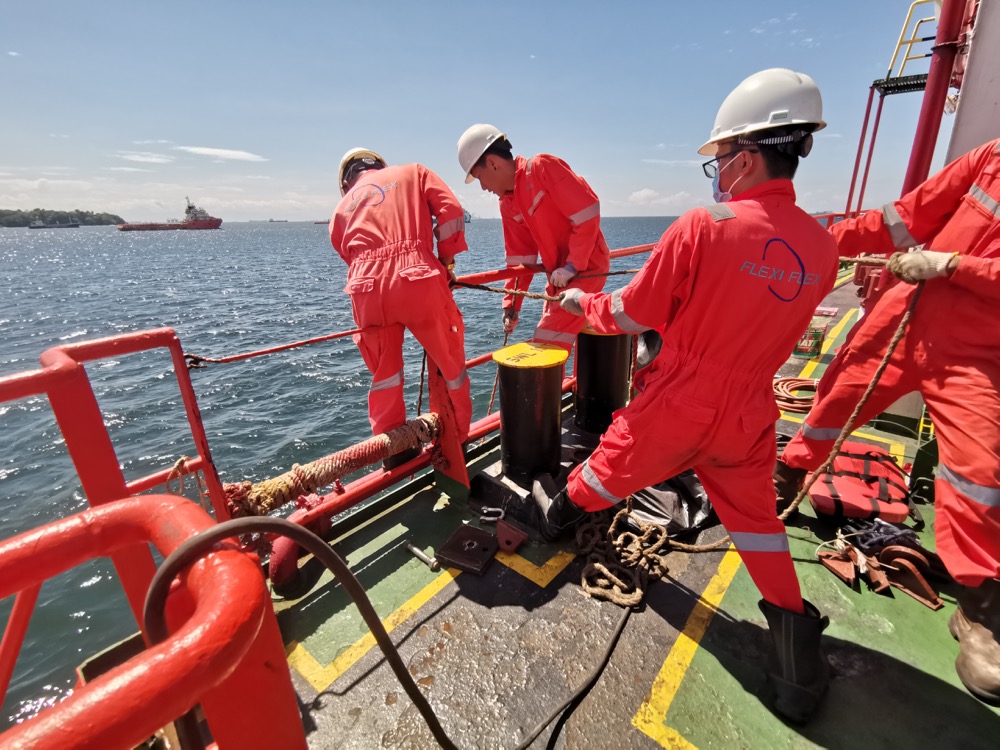
By Michael Grey*
Nobody should be surprised that there has been something of a fight back by ship operators after the World Maritime University’s research earlier in the year showed up widespread “adjustment” in the recording of seafarers’ hours of work and rest (see A Culture of Adjustment). It was a shocking report, although it merely gave chapter and verse to what is reality aboard so many hard-pressed ships, with exhausted crews.
But as reported in the Nautilus Telegraph, rather than looking constructively at the WMU’s recommendations to make seafaring more humane and 21st century, the shipowners’ representative at the Maritime Labour Convention Special Tripartite Committee sought to denigrate the report as unfounded. (https://www.nautilusint.org/en/news-insight/telegraph/fatigue-another-inconvenient-truth)
Adopting the time-honoured strategy of suggesting the research was suspect because of its sponsors and dubious methodology, the owners’ representative went on to attack the university itself, doubtless provoked by the amount of publicity the report received in the media. You might suggest that such a response, of a lobby group that “don’t like it up ‘em”, was entirely predictable, but a little humility would not have come amiss, rather than trying to bluff their way out of trouble. There were a whole host of serious points made in the research document, which surely deserved to be properly considered. I would be willing to bet that plenty of decent ship operators, rather than rubbishing the research, will have looked closely at the situation and are seeking to address some of the points made.
To take just one of the issues that the report highlighted, the idea that a 6/6 hour watch system can be operated legally is utterly laughable, but remains in place for a huge fleet of small ships. The UK, led by organisations like the Nautical Institute (hardly a trade union) has been trying to stop the practice for years.
While the UK remained in the EU, every attempt to outlaw this practice was shot down in flames at the pre-IMO meetings insisted on by Brussels, where the antediluvian Dutch, German and Scandinavian views on “acceptable manning practices” predominate. It might be argued that such practices are economically necessary, but if they cannot be undertaken legally in a culture that never permits ships to lay by, they should stop pretending. It doesn’t say much for the notion of “decent work”, when inadequate manning is allowed to become institutionalised and is defended by employers who like to emphasise their commitment to safety all the time.
Let’s face it, this is usually why short sea ships regularly run aground on their coastal passages, with tired people slumped in their chairs in their climate-controlled wheelhouses and no separate night lookout posted as this would interfere with the day work. It is why there are serious accidents, like the mooring fatality investigated recently by the Dutch authorities, where nobody aboard had been asleep for 17 hours and a cook and trainee were trying to handle the lines down aft.
It’s all very well to suggest that adequately manning these ships and operating them with less of a rush would make them uneconomic against road haulage competition, but it’s basically the same argument that failed to prevail against the common humanity that ended the sweat shop and child labour in more civilised countries. The problems outlined by the WMU researchers won’t go away and it’s time that the industry took them on board.
Maybe it is the sort of cause that Frank Coles, formerly of Wallem, might take up in his latest role as a supporter of seafarers’ human rights. He surfaced last week in the e-journal Splash 247, with an excoriating attack on those who treat seafarers, especially during the pandemic, as people of little account – the “scum of the earth”. It was explosive stuff, which will doubtless have plenty of industry folk stroking their chins, but welcome, as too many people who depend on the ships coming and going never give a thought to those who live aboard them. When somebody who has been one of the world’s biggest ship managers says these things, they get noticed.
* Michael Grey is former editor of Lloyd’s List. His latest column is published with the kind permission of The Maritime Advocate.


